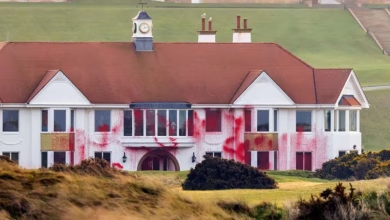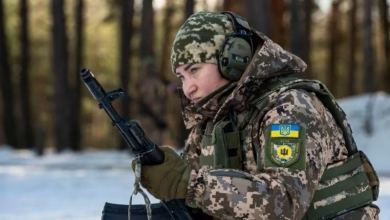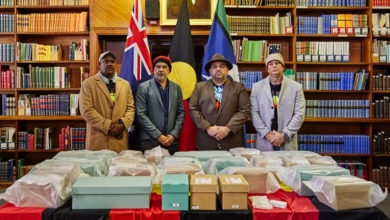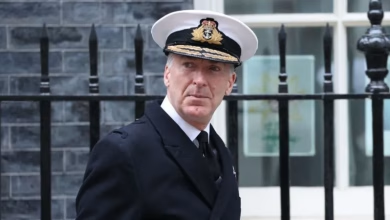Pope Initiates New Discussions on the Future of the Catholic Church
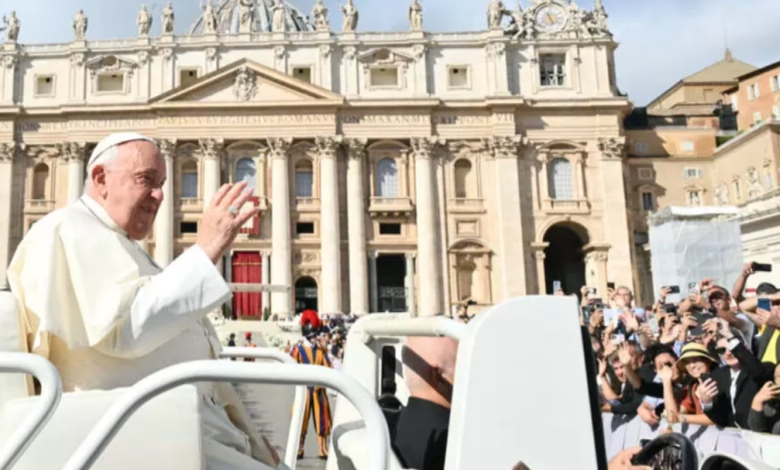
- Pope Francis pushes Church reforms, facing resistance.
- Synod assembly runs until October 26.
- Francis urged open-mindedness and warned against rigid agendas.
- Women were allowed to vote in the Synod for the first time last year.
The General Assembly of the Synod, consisting of 368 participants from around 100 countries, including both clergy and laypeople, is currently holding closed-door discussions at the Vatican, running until October 27. Among the attendees are women, marking an important step towards inclusivity.
This assembly follows a month-long gathering held in October 2023, which was the culmination of a three-year global consultation among Catholics aimed at shaping the Church’s direction in the 21st century. The synod is a personal initiative of Pope Francis, 87, who retains the ultimate authority on any doctrinal changes that may arise.
In last year’s assembly, the discussions covered a wide range of topics, including the Church’s approach to LGBTQ individuals, polygamy, the ordination of married men, and the ongoing battle against child sexual abuse within the clergy. While the synod resisted pressure to ordain women as deacons—who can officiate baptisms, weddings, and funerals but cannot celebrate Mass—the push for greater visibility and involvement of women in a male-dominated Church continues.
This meeting comes at a time when Pope Francis has faced criticism, particularly during a recent visit to Belgium, for his views on women and his condemnation of abortion laws, which he referred to as a “murderous law.”
Despite the significance of the issues at hand, no immediate decisions are expected. Following conservative backlash over his decision in December to permit blessings for same-sex couples under certain conditions, Pope Francis has delegated the most sensitive matters to working groups, which will present their findings in June of next year.
Since assuming leadership of the Catholic Church in 2013, Pope Francis has worked to reform the governance of the institution, which serves nearly 1.4 billion Catholics worldwide. However, his efforts have faced considerable internal resistance.
On Wednesday morning, Francis launched the Synod assembly with a Mass at St. Peter’s Square, urging the participants to approach discussions with open minds. “Let us be careful not to see our contributions as points to defend at all costs or agendas to be imposed,” he cautioned, warning against the danger of “locking ourselves into dialogues among the deaf.” He emphasized that this gathering is “not a parliamentary assembly, but rather a place of listening in communion.”
The Synod is set to deliver its conclusions on October 26.
On the eve of the assembly, Francis held a “penitential” vigil in St. Peter’s Basilica, attended by around 2,500 people. During the vigil, the pope again asked for forgiveness and expressed his “shame” over the clergy abuse scandals that have tainted the Church’s reputation globally. Attendees heard from a South African man who was assaulted by a priest at the age of 11, who condemned the Church’s lack of transparency and accountability, stating that it had shaken the faith of millions.
“We are here as beggars of the Father’s mercy, asking for forgiveness,” Francis said, adding, “How could we be credible in our mission if we do not acknowledge our mistakes and stoop to heal the wounds we have caused by our sins?”
Seven cardinals echoed the pope’s message, including Sean O’Malley, the former archbishop of Boston, who expressed his “shame” for the abuses that had “stolen innocence.”
The synod process itself was initiated by Pope Paul VI in 1965, but last year’s gathering marked a historic moment, as women were allowed to vote for the first time in the assembly.



